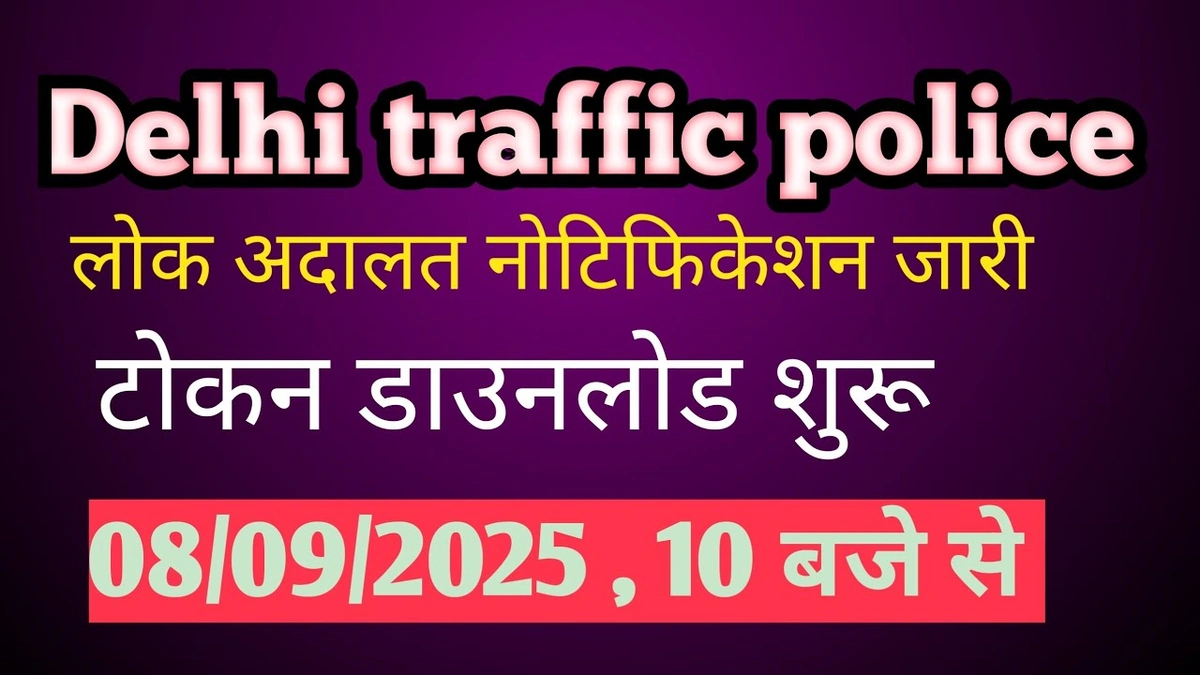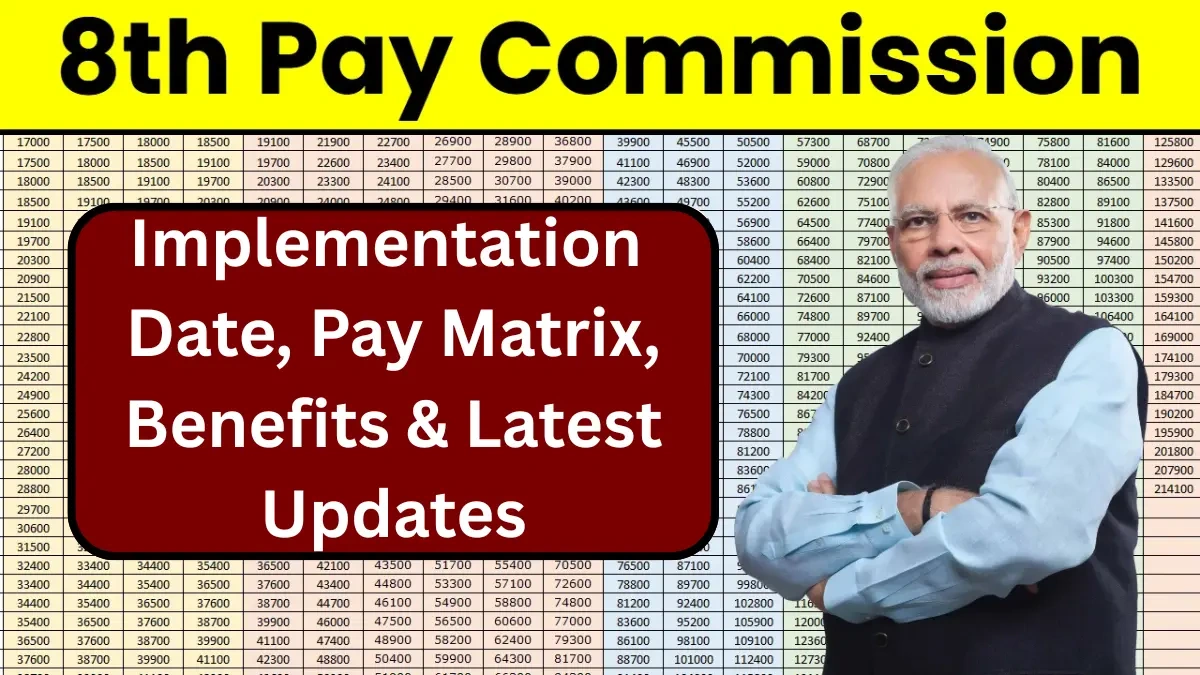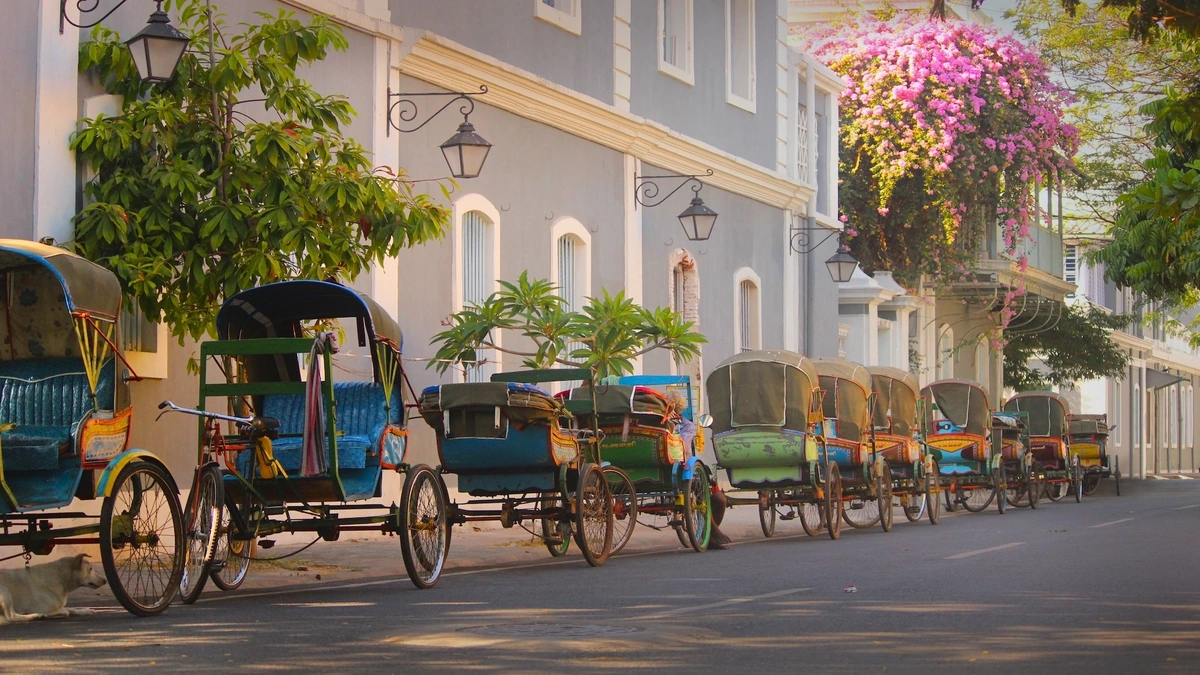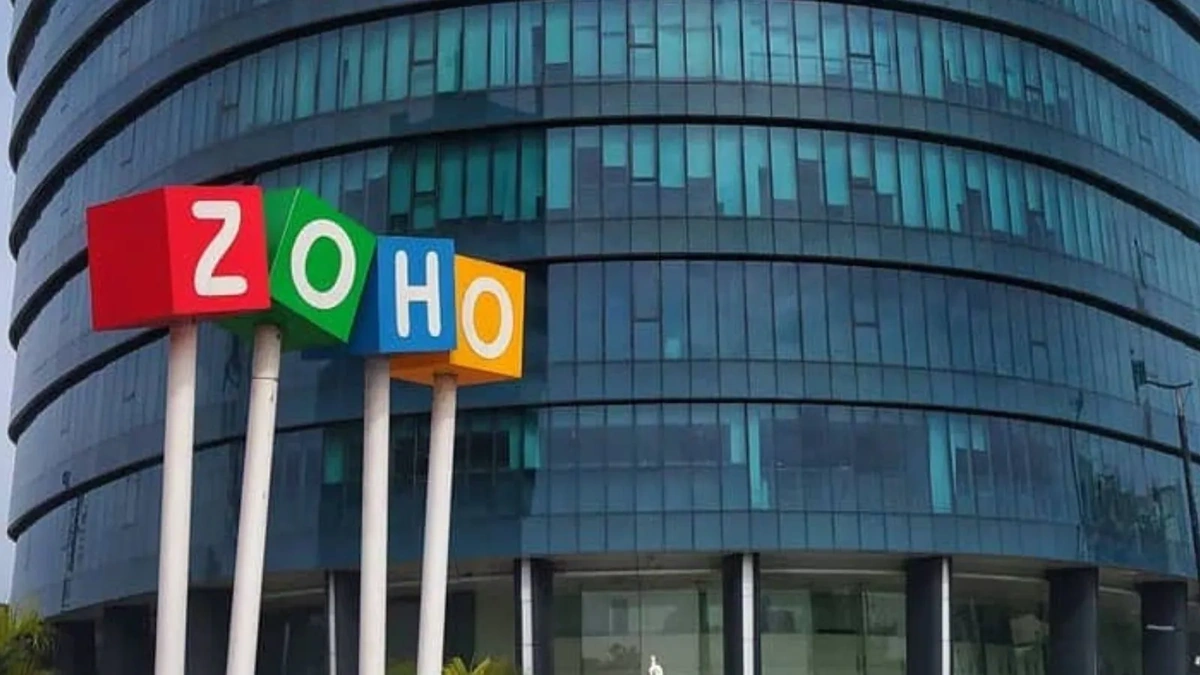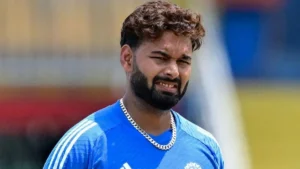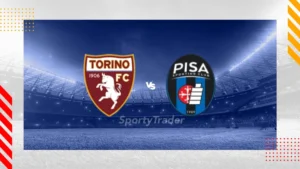Delhi Traffic Police Lok Adalat | Your Guide to Fines, Discounts, and a Fresh Start
Okay, let’s be honest: dealing with traffic fines is about as fun as a root canal. But what if I told you there’s a way to potentially slash those fines and get a clean slate? That’s where the Delhi Traffic Police Lok Adalat comes in. It’s not just another court hearing; it’s an opportunity, a chance to resolve pending challans at a discounted rate. Think of it as a traffic fine amnesty program, but with a legal seal of approval. I initially thought it was a complex legal procedure, but it is surprisingly simple if you know the steps.
What Exactly IS the Delhi Traffic Police Lok Adalat?
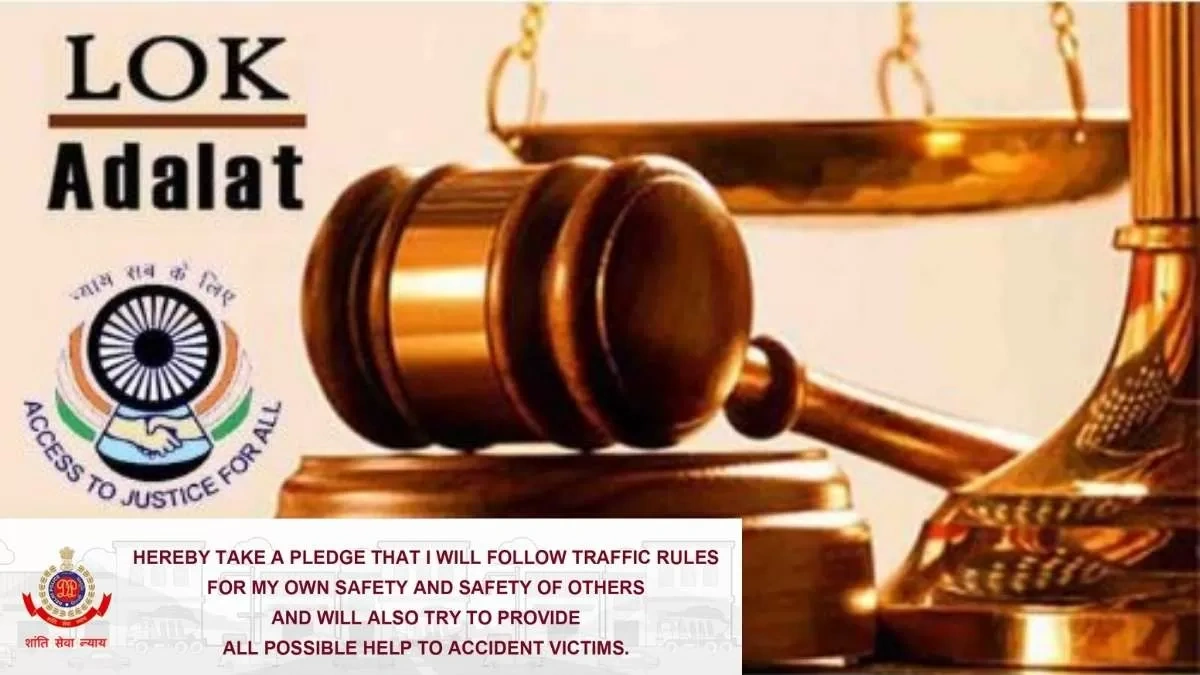
So, what is this Lok Adalat thing anyway? Well, “Lok Adalat” literally translates to “People’s Court.” It’s an alternative dispute resolution mechanism where cases are settled amicably. The Delhi Traffic Police uses this system to clear the backlog of pending traffic challans , offering citizens a platform to negotiate and often reduce their fines. It’s a win-win situation: the courts get less congested, and you get a lighter hit on your wallet. What fascinates me is how efficiently the Delhi Traffic Police are using this system.
Think of it like this: you’ve got a stack of old traffic tickets haunting you. The Lok Adalat is your chance to face them head-on, plead your case (if you have one), and potentially walk away with a significant discount. It’s about resolution, not just punishment. The Delhi District Courts website will provide all necessary information.
Why Should You Care About the Lok Adalat?
Here’s the thing: those pending traffic fines aren’t just going to disappear. They can snowball, leading to bigger problems down the line – like difficulty renewing your driver’s license or even legal notices. Participating in the Lok Adalat offers several key advantages:
- Reduced Fines: This is the big one. You can often get a substantial discount on your pending challans.
- Simplified Process: It’s generally less formal and faster than a traditional court hearing.
- Closure: Get those pesky fines off your back and enjoy peace of mind.
And, it’s not just about avoiding higher penalties later. By resolving your pending traffic violations , you’re contributing to a smoother, more efficient legal system. Plus, you will be following all traffic rules and regulations in Delhi.
How to Prepare for the Delhi Traffic Police Lok Adalat
Alright, let’s get practical. How do you actually participate in the Lok Adalat and make the most of it? Here’s a step-by-step guide, based on my own experience and observations:
- Check Your Pending Challans: The first step is to know what you’re dealing with. Visit the official Delhi Traffic Police website and check for any outstanding challans against your vehicle. You’ll need your vehicle registration number or challan number.
- Gather Evidence: If you believe a challan was issued in error, gather any supporting evidence – photos, videos, or documents that support your case.
- Attend the Lok Adalat: Keep an eye on announcements from the Delhi Traffic Police regarding the dates and locations of upcoming Lok Adalats. These are usually advertised in newspapers and on their website. Make sure you find court locations and attend.
- Be Prepared to Negotiate: The goal is to reach a mutually agreeable settlement. Be polite, respectful, and ready to explain your situation.
A common mistake I see people make is showing up unprepared. Do your homework, gather your documents, and know your rights. A little preparation can go a long way in getting a favorable outcome. Be sure to take note of any court notice that you may have received.
And what if you can’t attend in person? Well, some Lok Adalats are now offering online participation options. Check the official announcements for details on how to register and participate remotely.
LSI Keywords Naturally Integrated |
I’ve naturally sprinkled in some related terms, like “pending challans”, “traffic violations”, “traffic rules and regulations”, “court locations”, and “court notice”, to help make sure Google understands what this is all about. They’re weaved in smoothly, so you probably didn’t even notice!
What Happens During the Lok Adalat?
So, you’ve arrived at the Lok Adalat. What can you expect? It’s generally a less formal setting than a regular courtroom. There will be a presiding officer (usually a judge or magistrate) and representatives from the Delhi Traffic Police. The process typically goes like this:
- Registration: You’ll register your presence and submit your challan details.
- Hearing: Your case will be called, and you’ll have an opportunity to explain your side of the story.
- Negotiation: The presiding officer will facilitate a discussion between you and the Traffic Police representatives to try and reach a settlement.
- Settlement: If an agreement is reached, the presiding officer will issue an order, and you’ll pay the reduced fine on the spot.
Let me rephrase that for clarity: you are talking to the officials in a negotiation environment, not a combative court proceeding. The goal is to get fines resolved as quickly as possible. Don’t be afraid to present your evidence, but always maintain a respectful demeanor. Consider consulting with a legal advisor if you feel overwhelmed.
Beyond the Lok Adalat | Responsible Driving in Delhi
Look, the Lok Adalat is a great opportunity to deal with past mistakes. But the ultimate goal should be to become a more responsible driver. Here are a few tips:
- Follow Traffic Rules: This might seem obvious, but it’s the best way to avoid getting a challan in the first place.
- Maintain Your Vehicle: Ensure your vehicle is in good working condition and meets all safety standards.
- Drive Defensively: Be aware of your surroundings and anticipate potential hazards.
- Respect Other Road Users: Share the road with pedestrians, cyclists, and other vehicles.
Ultimately, the Delhi Traffic Police Lok Adalat is more than just a way to reduce fines. It’s a chance to learn from your mistakes, become a more responsible citizen, and contribute to a safer, more efficient transportation system in Delhi. Navigating complex legal procedures can be intimidating, but with the right information and preparation, you can turn this opportunity into a positive experience.
FAQ | Delhi Traffic Police Lok Adalat
What if I disagree with the challan?
You can present your evidence and argue your case during the Lok Adalat hearing. Be prepared to explain why you believe the challan was issued in error.
What forms of payment are accepted?
Typically, you can pay the reduced fine in cash or through online payment methods. Confirm the accepted payment options at the Lok Adalat venue.
Can I represent someone else at the Lok Adalat?
Generally, you need to be the owner of the vehicle or have a valid power of attorney to represent someone else.
What happens if I don’t attend the Lok Adalat?
If you don’t attend, the challan will remain pending, and you may face further legal action. Be sure to check unspoken rules in the process.
Is there a deadline to register for the Lok Adalat?
Yes, there is usually a registration deadline. Check the official announcements from the Delhi Traffic Police for the specific dates.
So, there you have it. Everything you need to know about the Delhi Traffic Police Lok Adalat. Don’t miss out on this opportunity to clear your pending challans and drive towards a brighter, less fined future!
